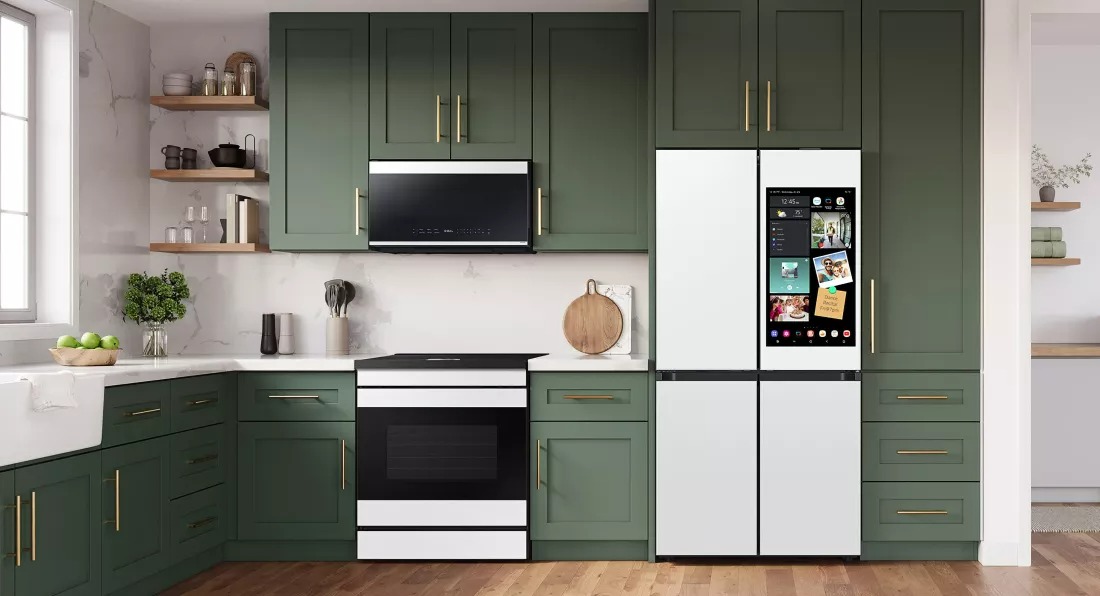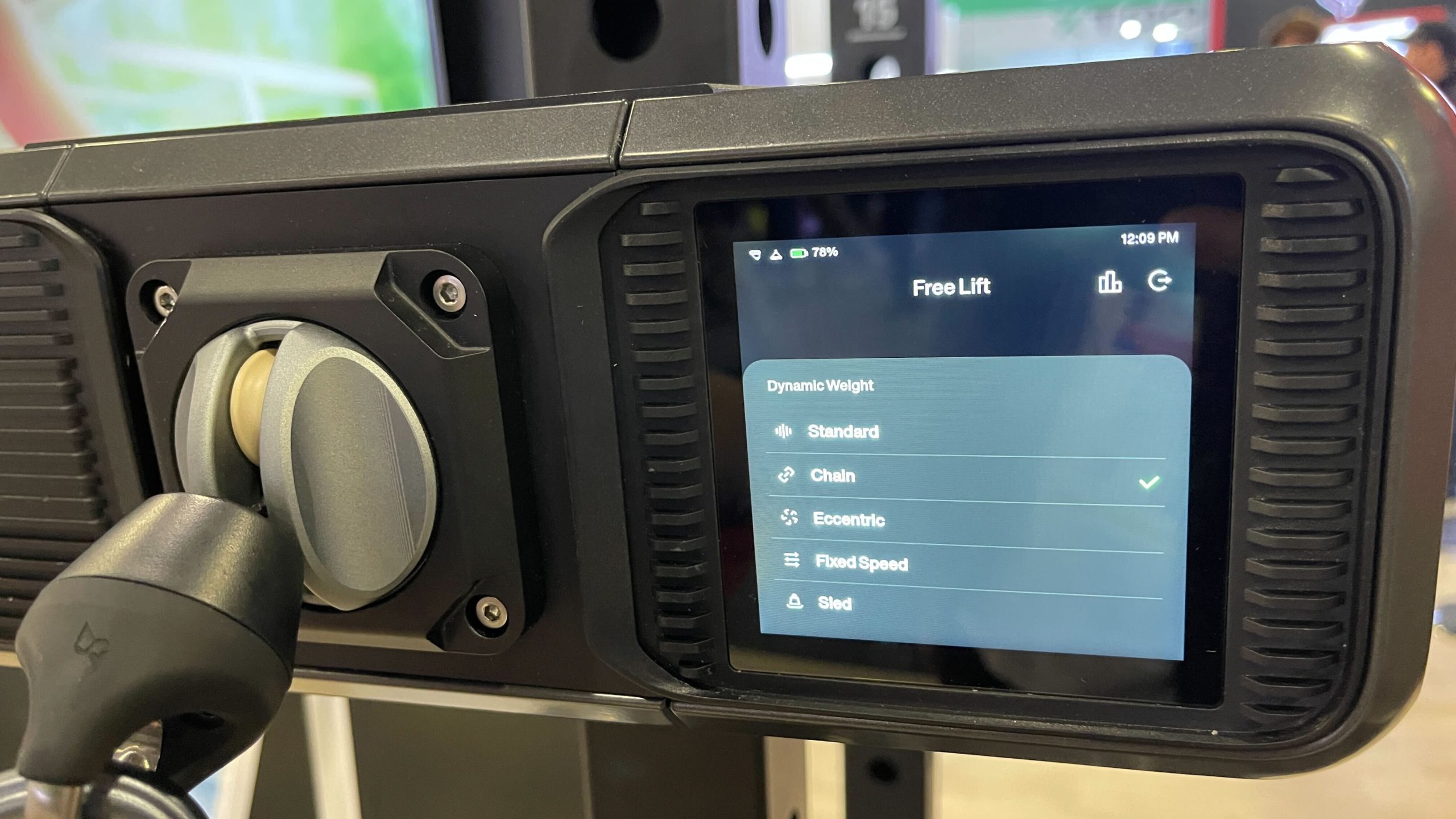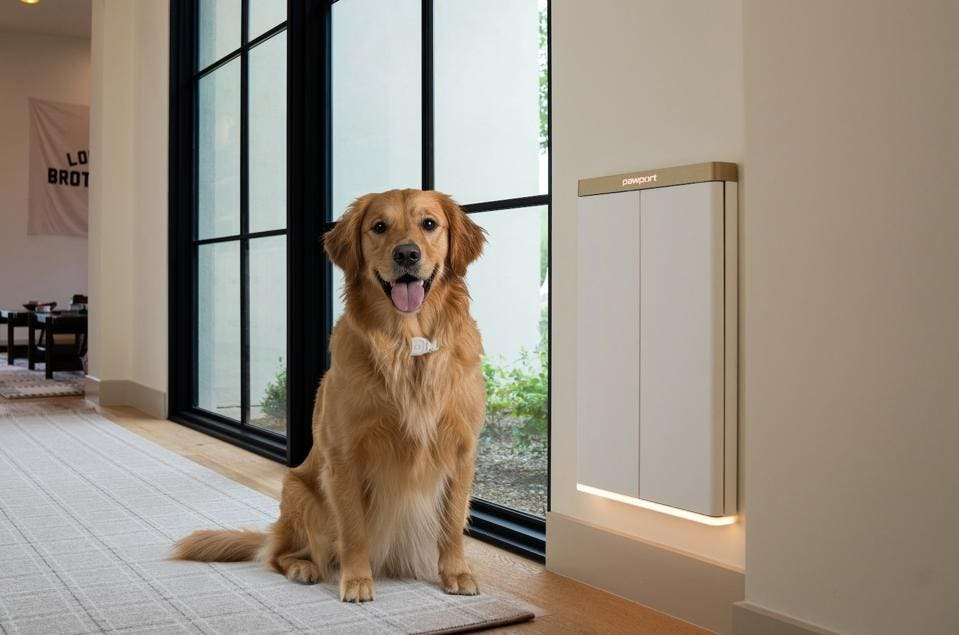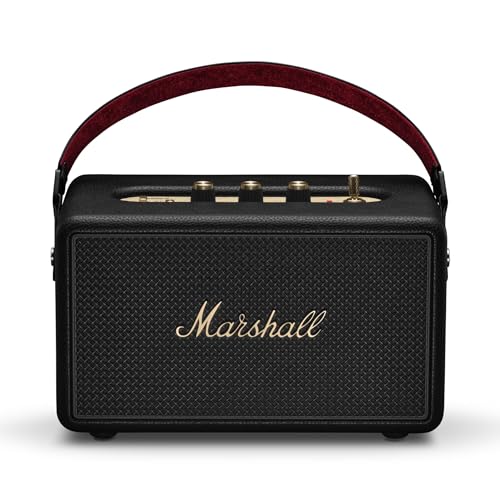Your expensive Samsung refrigerator just became a billboard. The tech giant’s September pilot program introduced digital advertisements to select Family Hub models across the United States, turning kitchen appliances that cost upwards of $1,800 into promotional platforms. Users discovered the unwelcome surprise after a software update pushed new ads to their refrigerator’s touchscreen—with no way to permanently disable them.
Ads Hit Premium Appliances Without Warning
Samsung stated in its pilot program announcement that over-the-network updates brought promotions to idle screens, requiring acceptance of new terms.
The pilot targets select Family Hub refrigerators through automatic software updates that include revised Terms of Service and Privacy Notices. Samsung stated in its pilot program announcement that advertisements appear only when the Cover Screen sits idle—sparing Art Mode and photo album displays from commercial interruption. Users can dismiss individual ads to prevent repeats during that campaign, but the company offers no universal opt-out mechanism. The move transforms premium kitchen centerpieces into advertising real estate without meaningful consumer choice.
Backlash Reflects Deeper Value Concerns
Forum users express frustration over paying premium prices for ad-supported experiences.
Early reactions across Reddit and tech forums reveal significant consumer anger. Buyers who invested in premium smart appliances specifically to avoid the compromises of budget devices now find themselves subjected to the same commercial interruptions plaguing cheaper alternatives. The backlash centers on fundamental questions about product ownership—whether purchasing an expensive appliance should guarantee an ad-free experience or if manufacturers can retroactively monetize premium devices through software updates.
“Screens Everywhere” Strategy Expands Revenue
Samsung positions kitchen displays as part of broader connected home advertising ecosystem.
This refrigerator experiment extends Samsung’s established advertising push across its device lineup. The company has faced similar criticism for smart TV advertisements, but executives continue pursuing what they describe as bringing “brand messages to every screen in the connected home and beyond.” Samsung claims it won’t collect user interaction data during this pilot phase, focusing instead on consumer feedback about the feature’s impact on daily kitchen routines.
The controversy highlights a growing tension in smart home adoption: premium pricing traditionally promised refined, uninterrupted experiences, but manufacturers increasingly view connected devices as ongoing revenue opportunities. Your kitchen just became the latest battleground in that evolution.




























